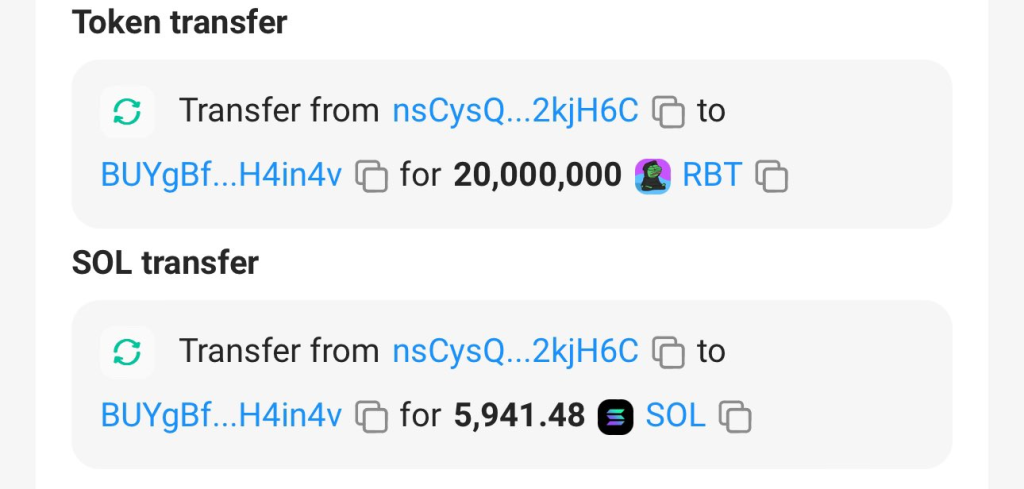ARTICLE AD BOX

The post Crypto Imposter Swindles Over $2.6 Million Amid Rising Memecoins Scam appeared first on Coinpedia Fintech News
Through outwits and intrigues, the imposter who assumed the identity of Ansem, the well-known crypto influencer, systematically executed a well-coordinated scam, resulting in the loss of over $2.6 million in Solana tokens (SOL).
This scam, which took place on social media platform X (previously Twitter) tricked people by mimicking the excitement surrounding meme coins so that unsuspecting investors would buy into a sham initial coin offering for a nonexistent BULL token.

Victims send money despite warnings from ZachXBT
On chain detector, ZachXBT revealed that the fraudster, who assumed the name Ansem put a bogus “BULL” token presale in the comments section to posts from the real Ansem. This caused a significant financial loss with a single victim losing $1.2 million.
ZachXBT’s warning did not bear any fruit as the scammers took the chance to snatch another $250,000 from desperate people right after the post from Zach. Fraudulent activities of the same kind have flourished and multiplied in several accounts, keeping on with the fraud and gaining as much money as possible from completely innocent victims.
The scam matured against the background of the meme coin craze, and the selling point was the quick growth of the BoM meme (BOME) token. BOME, the Solana-based meme coin, has been in the media spotlight since it was listed on the Binance exchange.
Attention to detail may save you from fraud
The case with the fake Ansem account gives only one instance when the crypto scams become more and more dangerous. Scam Sniffer statistics reveal that in February alone, the number of people who were scammed in crypto was around 57,000, losing $47 million in total.
While the crypto ecosystem keeps undergoing evolution, investors have to be very careful in their evaluations and choice of opportunities. Validation of the project and being careful when taking part in online promotion may prevent becoming a target of fraudsters.
Particularly in this case, it was clear in the user name that it was mismatched with the original Ansem. Such basic practices of thoroughly checking minor details may save a lot of crypto from being drained.
.png)
 9 months ago
7
9 months ago
7








 English (US)
English (US)